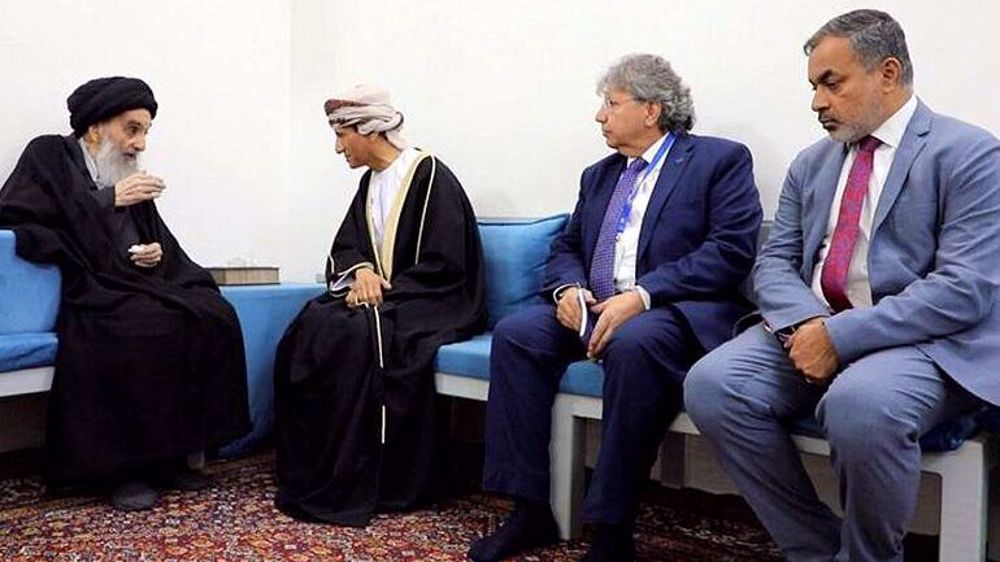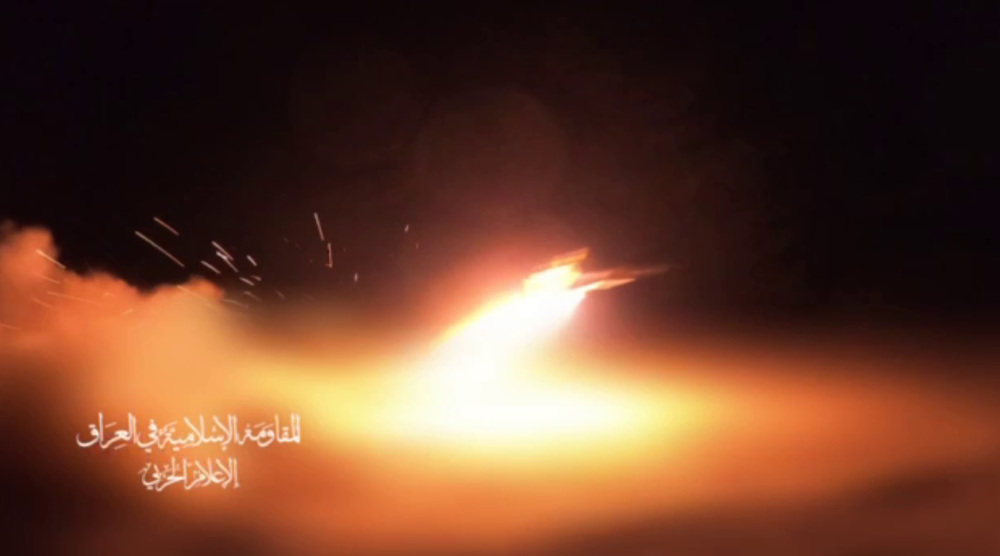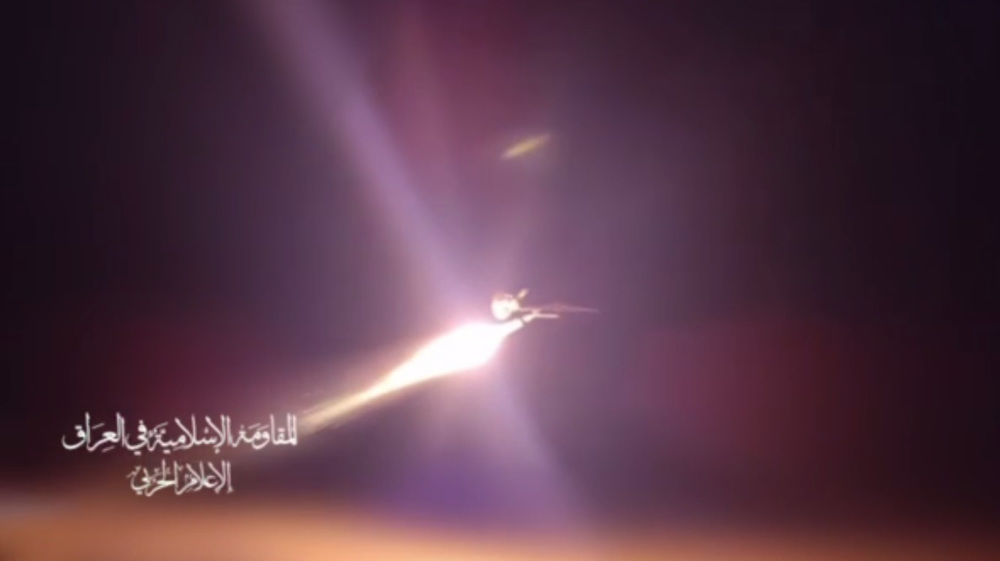Iraqi PM censures US blacklisting of counter-terror figures
Iraqi Prime Minister Adil Abdul-Mahdi has condemned a recent decision by the United States to slap sanctions on leaders of the pro-government Popular Mobilization Forces (PMU) or Hashd al-Sha’abi.
In a statement released by Iraq's Shafaq News on Sunday, he said those targeted by the fresh American sanctions were the ones involved in operations against the Daesh terrorist group.
"We reject and denounce the inclusion of Iraqi leaders and figures known for their record and political role in combating Daesh on the list of sanctions and bans by the countries with which we have relations and agreements," he said.
Abdul-Mahdi condemns the inclusion of Iraqi names in the sanctions lists https://t.co/eUfbzt31qM
— Shafaq News (@Shafaqnews) December 15, 2019
On December 6, US Secretary of State Mike Pompeo announced sanctions on Qais al-Khazali and his brother Laith, two leaders of the Asaib Ahl al-Haq, as well as Hussein Falil Aziz al-Lami of Kata'ib Hezbollah.
Both factions are part of Hashd al-Sha’abi, an umbrella paramilitary group that has actively cooperated with the national army in sweeping counter-terrorism operations.
Iraqi businessman and political figure Khamis al-Khanjar was also included in the US sanctions list over alleged bribery.
The US Treasury accused the individuals of “widespread forced disappearances, abductions, killings, and torture," saying the punitive measures block their financial transactions with and travel to America.
Qais al-Khazali laughed off the sanctions as an “honor,” saying, “They (the Americans) should have given us this honor a long time ago.”
"I’m embarrassed. Designate me a terrorist! A global terrorist. What is this Treasury list? That means the money we have in US banks will go,” he said sarcastically.
Khanjar’s party condemned the accusations leveled against him as “extremely funny and illogical.”
“He was never an official, nor was his party part of the government,” it added.
On Saturday, thousands of Iraqis took to the streets of Baghdad to protest the sanctions and Washington's interference in their country's internal affairs.
They trampled on giant US flags and staged mock hangings using effigies of US President Donald Trump, Israeli Prime Minister Benjamin Netanyahu and Saudi Crown Prince Mohammed bin Salman.
Over the past weeks, Iraq has witnessed street protests over unemployment and a lack of basic services.
The rallies have, however, taken a violent turn, with some participants vandalizing public property and opening fire on demonstrators.
VIDEO | Press TV's news headlines
Iranian satellites launched into space as private sector debuts in space industry
VIDEO | Iran, Azerbaijan conduct joint maritime rescue operations
VIDEO | Yemen’s Red Sea divide: Naval forces block Israeli-linked ships in strategic ‘parting of the water’
VIDEO | Southern Gaza: Israel’s facade for famine and suffering
VIDEO | IOF hampering humanitarian aid
VIDEO | Sharmahd: Justice Done
Iran repeatedly warned Israel not to test its will: FM

















 This makes it easy to access the Press TV website
This makes it easy to access the Press TV website